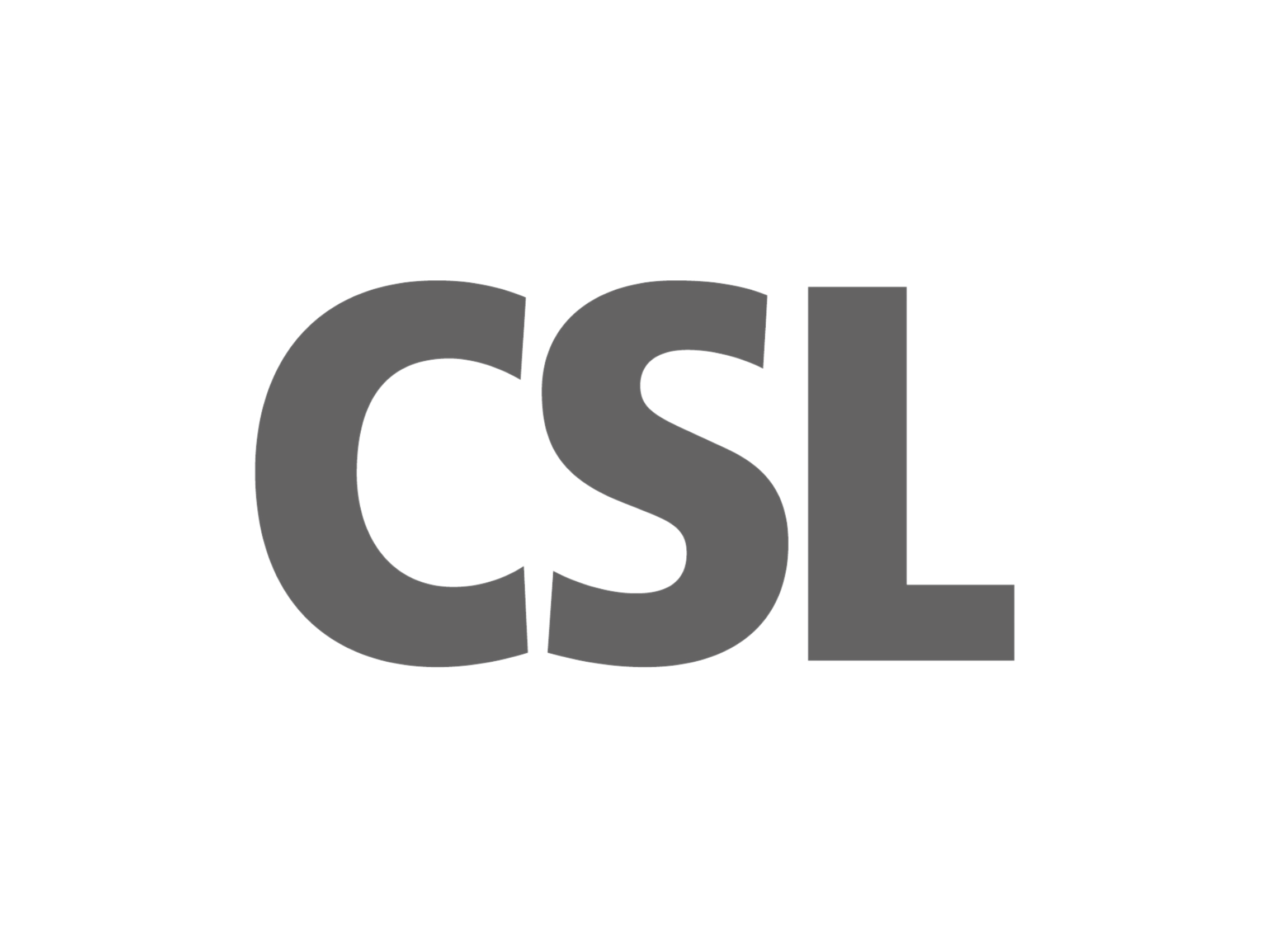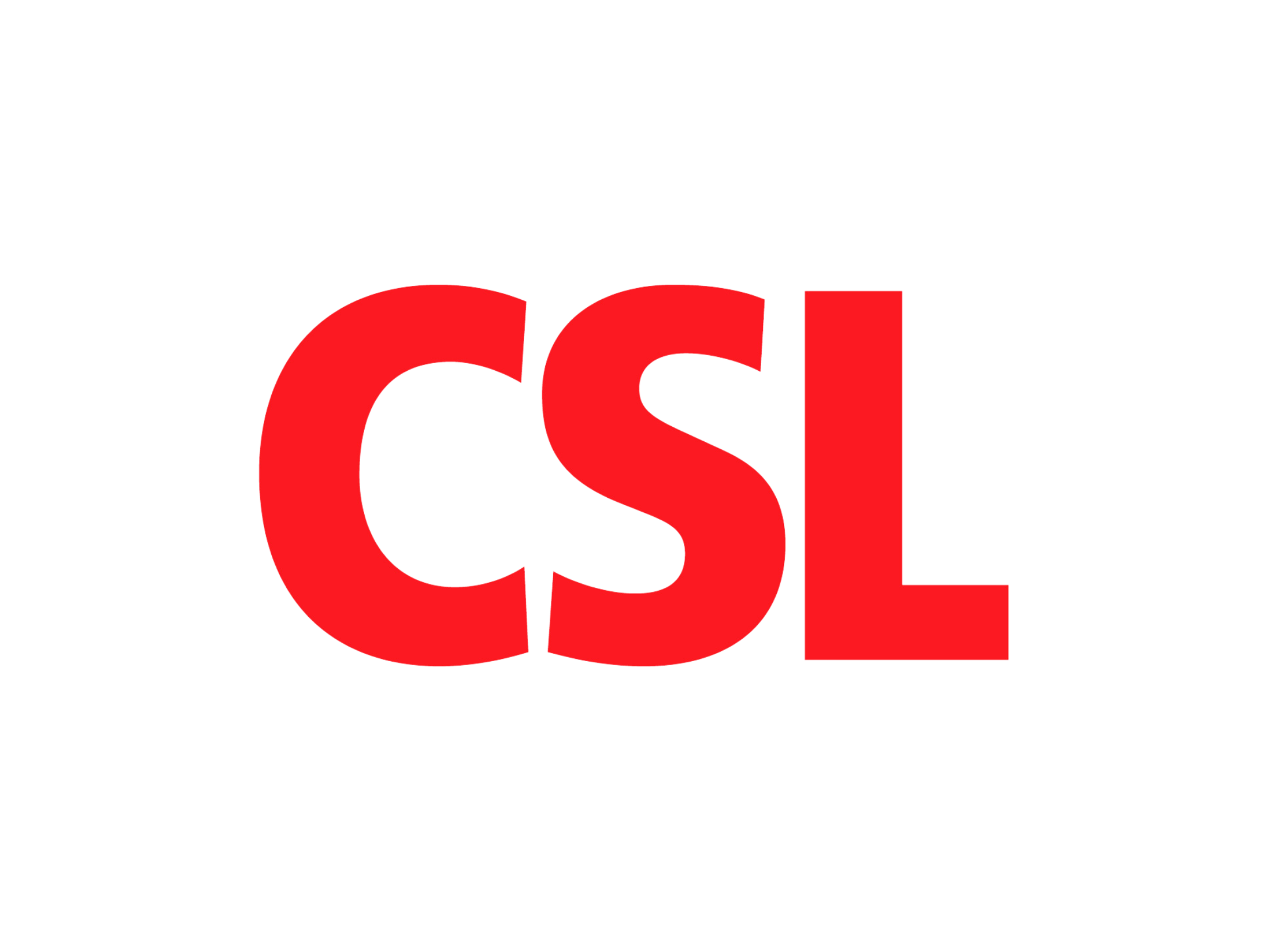“We are proud of the investment Alpha-1 Foundation has made over the years of the work being done by Dr. Teckman and his lab. We are excited to read in such a prestigious journal that our support is beginning to pay dividends in the form of scientific innovation that will impact patient care in a positive and profound manner. The time is now to continue to invest in cutting-edge research ideas and concepts, especially translational research and science that can lead to advancing the field, to the benefit of patients,” – Scott Santarella, President & CEO, Alpha-1 Foundation.
“The study entitled “Fazisiran for Liver Disease Associated with Alpha-1-Antitrypsin Deficiency” published online in the New England Journal of Medicine represents a significant step forward in the treatment of alpha-1-antitrypsin deficient (AATD) individuals with liver disease. The senior author of this publication, Jeffrey H. Teckman, MD, has dedicated his career to understanding mechanisms of liver disease in AATD and the development therapies for children and adults with AATD. Much of Dr. Teckman’s research has been funded through grants from the Alpha 1 Foundation which has provided more than $80 million for research to investigators around the world. The Alpha 1 Foundation congratulates Dr. Teckman and his colleagues on their outstanding accomplishment and will continue to fund cutting edge research which will lead to the cure for Alpha-1-Antitrypsin Deficiency.” – Mark Brantly, MD, Scientific Director, Alpha 1 Foundation
Newswise — ST. LOUIS, July 8, 2022 — Researchers at Saint Louis University’s School of Medicine, in collaboration with Arrowhead Pharmaceuticals and Takeda Pharmaceuticals, report the first effective drug to treat a rare, genetic liver disease that formerly could only be treated with a liver transplant.
The study, “Fazirsiran for Liver Disease Associated with Alpha-1-Antitrypsin Deficiency,” was published online in the New England Journal of Medicine, one of the world’s leading medical journals.
The multicenter, phase 2, open-label trial investigated the safety and efficacy of fazirsiran, an RNA interference drug, in patients 18 to 75 years of age with liver disease associated with alpha-1 antitrypsin (AAT) deficiency. AAT is a protein made in the liver and released into the blood in large quantities to help protect the body when warding off infections.
Jeffrey Teckman, M.D., professor of pediatrics and biochemistry and molecular biology, is the paper’s senior author.
“This is the culmination of over a decade of work to cure this disease, and a significant part of the work was done here,” said Teckman, who also is director of pediatric gastroenterology and hepatology at SLU. “We have patients come around the country to see SLU’s expert faculty members at SSM Health Cardinal Glennon Children’s Hospital with this disease for care and to participate in our studies.”
Teckman is a leading authority on AAT deficiency, which affects 1 in 3,500 births and causes severe lung disease in adults or liver disease in adults and children. Symptoms may include shortness of breath and wheezing, repeated infections of the lungs, yellow skin, fatigue, cirrhosis of the liver, liver failure and even death.
Teckman says those impacted by the disease are often undiagnosed or misdiagnosed as fatty liver disease, asthma, or smoking-related lung disease. The diagnosis may be suspected by finding low levels of AAT in the blood and confirmed by genetic testing.
“When I was in medical school, I learned that reduction in liver fibrosis, or scar tissue in the liver, with AAT deficiency was impossible, but now we see that we can reverse this process in humans with minimal side effects,” Teckman said.
Longtime collaborator Arrowhead Pharmaceuticals utilized technology during the trial, allowing physicians to shut down one gene in the human liver with almost no side effects.
“In this case, we chose to shut down the abnormal alpha-1 antitrypsin gene in the liver, and the new drug can do that effectively, stopping the disease and allowing the liver to heal,” Teckman said.
Next, the team will expand the international study to additional adult patients and children in collaboration with Takeda Pharmaceuticals.
Arrowhead Pharmaceuticals supported this work. Strnad is supported by the German Research Foundation (DFG) (grant STR1095/6-1) and by the DFG consortium CRC/SFB 1382 “Gut–liver axis” (ID 403224013). Teckman is supported for this work by Arrowhead Pharmaceuticals, Takeda, and The Alpha-1 Foundation.
Additional authors include Pavel Strnad, M.D., Department of Internal Medicine III, University Hospital; Christian Trautwein, M.D., Department of Internal Medicine III, University Hospital; Mattias Mandorfer, M.D., Ph.D., the Division of Gastroenterology and Hepatology, Department of Internal Medicine III, Medical University of Vienna; Gourab Choudhury, M.D., the Department of Respiratory Medicine, Royal Infirmary of Edinburgh University Hospital, University of Edinburgh, Edinburgh; William Griffiths, M.D., the Department of Hepatology, Addenbrooke’s Hospital, Cambridge University Hospitals NHS Foundation Trust, Cambridge; Rohit Loomba, M.D., the Division of Gastroenterology, University of California San Diego School of Medicine; Thomas Schluep, Sc.D., Ting Chang, Ph.D., Min Yi, Ph.D., Bruce D. Given, M.D., James C. Hamilton, M.D., and Javier San Martin, M.D., Arrowhead Pharmaceuticals.
About Saint Louis University School of Medicine
Established in 1836, Saint Louis University School of Medicine has the distinction of awarding the first medical degree west of the Mississippi River. The school educates physicians and biomedical scientists, conducts medical research, and provides health care on a local, national and international level. Research at the school seeks new cures and treatments in five key areas: cancer, liver disease, heart/lung disease, aging and brain disease, and infectious diseases.











